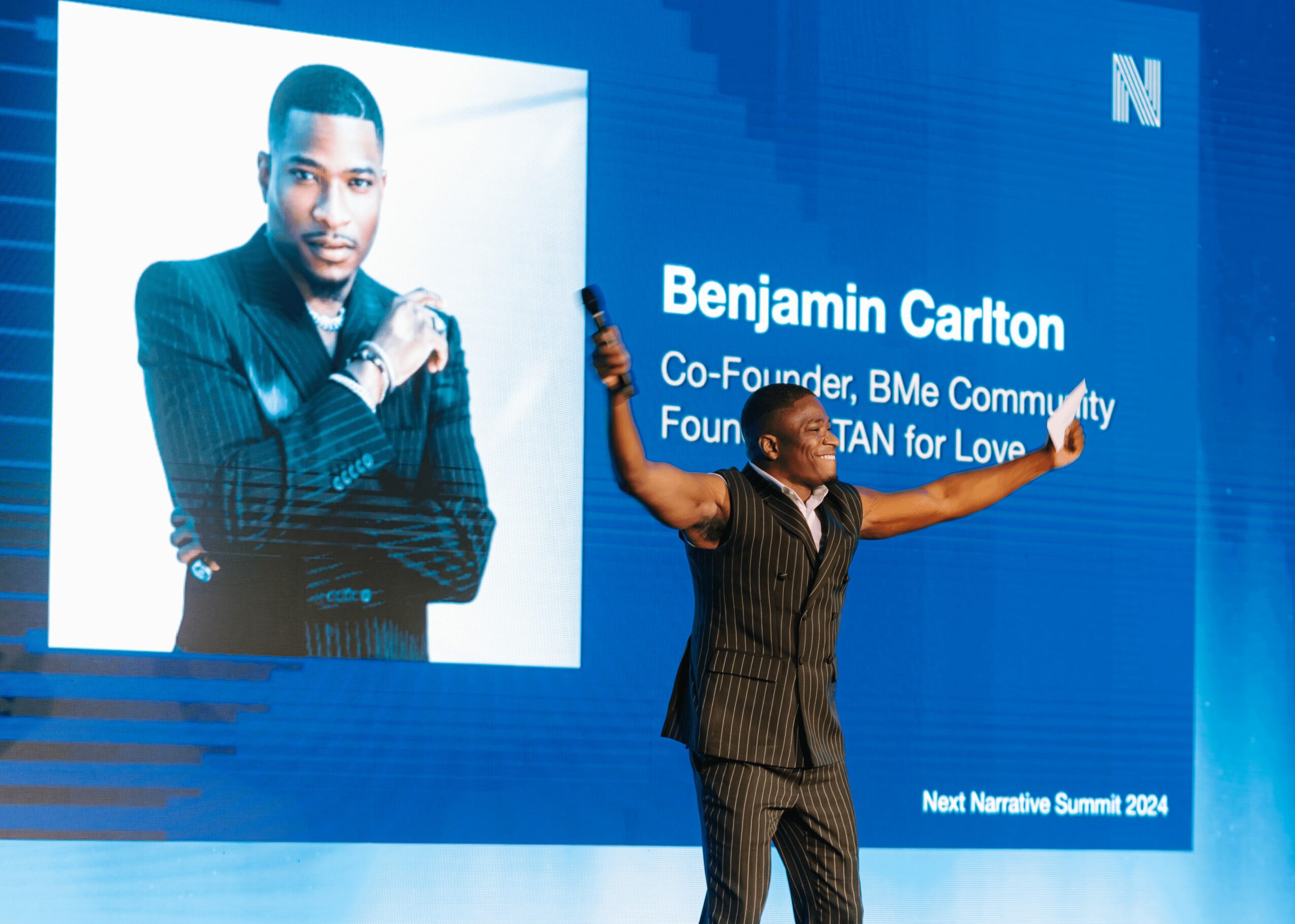

Today we’d like to introduce you to Benjamin Carlton.
Hi Benjamin, we’d love for you to start by introducing yourself.
I usually tell people my story starts in Philadelphia, but the truth is it starts in the minds and hearts of the folks who raised me. My mother, Gilda, believed education was both a shield and a launchpad. My Aunt Lana Felton-Ghee the general of Philadelphia taught me how to stand tall in any room. And my Pop-Pop, Ben Sr., showed me what self-reliance looks like in real time. He bought a warehouse for $25 and transformed it into a million-dollar enterprise. That kind of vision gets in your blood. It teaches you that possibility isn’t magic, its discipline, courage, and community.
As a teen, I found myself campaigning and working for Mayor John F. Street. I didn’t have the language for it back then, but that experience planted an early seed for public service and narrative power. I saw how leadership works from the inside, how decisions shape neighborhoods and how people’s stories shape those decisions.
Then came my beloved Florida A&M University. Leaving Philly for FAMU was like stepping into a house built by Black excellence, Black intellect, Black imagination. That campus sharpened me. It widened my lens and lifted my expectation of what was possible for my life. FAMU gave me a family of peers who were dreaming audacious dreams and doing the work to match. It taught me that brilliance is our inheritance.
All of that poured into the leader I became. Co-founding BMe Community wasn’t accidental; it was the natural next step for someone raised on self-determination, excellence, and love. We built BMe to celebrate Black people for our aspirations and contributions and to invest in the folks already building stronger, more caring communities. That work has touched millions of families and reshaped how institutions talk about and invest in Black leaders.
Along the way, I learned to embrace my full story. Writing “I’m Black, I’m a Minister, and I’m Gay” wasn’t just a literary moment it was liberation. It affirmed what my family had been teaching me all along: authenticity is non-negotiable, and truth is strategy.
Today, I work with foundations, corporations, and civic leaders to build cultures where people and purpose thrive together. Everything I do storytelling, consulting, movement-building is anchored in the same conviction that raised me: when you honor people’s aspirations first, you unlock their power.
And the journey keeps unfolding. In October, my story was featured in the Ryan Ashley Documentary now streaming on Apple TV, Prime, and Tubi called Light Up. Each chapter of my story gives me another chance to elevate voices, shape narratives, and remind us all that brilliance runs in our lineage.
Can you talk to us a bit about the challenges and lessons you’ve learned along the way. Looking back would you say it’s been easy or smooth in retrospect?
My journey has had the kind of twists that make you grow up fast and choose who you’re going to be long before you feel ready.
Coming out in the Black church and in the Black community meant confronting homophobia in spaces that were supposed to hold me. I loved God, I loved my people, and yet I found myself battling narratives that told me my identity disqualified me from belonging. That kind of tension can break you or refine you. For me, it became a crucible for courage.
At the same time, I was learning how to navigate being Black in predominantly white institutions. You can feel unseen and hyper-visible at the exact same moment. You carry other people’s assumptions in the room with you before you even speak. I had to learn not only how to survive those spaces, but how to stand firm in them.
Then life threw another curve: I was thrown out of college in my second semester because I couldn’t afford it. No safety net, no way home that felt like progress. I chose not to return to Philly. I stayed, I worked, and I struggled. I questioned everything. But I also started building my life brick by brick. I eventually returned to school after three years away and finished not one, but two degrees.
During that season, I worked for the state as a program director, and I launched a nonprofit performing arts program for kids who reminded me of younger me kids with talent, heart, and dreams bigger than their circumstances. Creating that space taught me something essential – struggle doesn’t stop purpose; it sharpens it.
Every barrier I faced homophobia, racism, financial hardship, rejection turned into material I’ve used to build a life rooted in authenticity, service, and love. None of it was easy. All of it shaped me into the leader I am today.
And the beauty is this: the road may not have been smooth, but it’s been purposeful, and it keeps opening into wider, more generous territory.
We’ve been impressed with BMe Community, but for folks who might not be as familiar, what can you share with them about what you do and what sets you apart from others?
BMe Community is a member-services organization built on a freeing idea – people flourish when they’re defined by their aspirations and contributions, not their challenges. That conviction has guided us from a small network of Black leaders to the #1–ranked leadership community-building organization in the country, partnering with foundations, corporations, and associations that want to create cultures where trust, collaboration, and impact are the norm.
What we do is simple and transformational. We build leadership communities. We convene executives. We teach leaders how to apply Asset-Framing our signature cognitive framework that has helped hundreds of institutions raise billions in investment and unite stakeholders across race and ideology. And we host the retreats, summits, trainings, and peer networks where real trust gets built and real systems change begins.
We’re known for three things:
Asset-Framing. We invented it. We teach it. And we help institutions apply it to everything from fundraising to policy to culture. It’s the practice of defining people by their aspirations and contributions first, then providing clear context for the challenges they navigate.
Leadership community building. Our model consistently delivers the highest trust and collaboration scores in the field.
The Next Narrative Network. We power a peer community of ultra-high-impact leaders and host the invitation-only Next Narrative Summit, where executives stewarding more than $200B in assets share replicable strategies that expand people’s freedoms to Live, Own, Vote, and Excel.
As a Black-led organization, we also steward the BMe Vanguard Leadership Community, celebrating and supporting Black leaders whose work strengthens families and communities across the nation. That commitment is central to our brand: we love Black people, and we love all people. Those loves are intertwined, not competing.
What sets us apart is our lens. We don’t approach communities through a deficit frame or a crisis narrative. We approach them through human dignity, possibility, and the proven fact that people rise when someone calls forth their genius. Our work has influenced national philanthropy, shifted public narratives, and shaped movements like Targeted Universalism, Solutions Journalism, Respect-Based Philanthropy, and more.
I’m most proud that BMe has remained consistent. Every person, leader, or community member from our founding in 2013 til today can tell you the same story just from their perspective. Our tone is hopeful without being naïve. Our strategies are rigorous without being transactional. And our communities whether Black leaders, cross-sector executives, or philanthropic innovators consistently walk away with deeper trust, stronger relationships, and a shared commitment to build a better world together.
BMe Community offers executive retreats, culture-shaping trainings, leadership summits, narrative strategy, Asset-Framing instruction, and access to high-impact peer networks. We help institutions align who they are with what they do, and we create environments where leaders can collaborate across differences to produce breakthroughs that last.
BMe is more than a program. It’s a practice, a community, and an invitation to rewrite the narratives that shape our future.
Do you any memories from childhood that you can share with us?
One of my favorite childhood memories goes back to a day when I checked the mail and found an envelope with the White House seal on it. As a kid in Philly, I had written a letter to President Bill Clinton sharing my ideas on how to improve education. I didn’t know if anyone would ever read it. I was just a young Black boy with big thoughts and a sense that my voice mattered.
Weeks later, that letter came back on White House letterhead. My name on it. My ideas acknowledged. It felt like the world had cracked open just a little bit wider.
That moment did something to me. It taught me that leaders listen. It taught me that my perspective mattered. And it planted a seed that would grow into everything I’ve done since building communities, shaping narratives, and championing people’s aspirations.
It was more than a letter. It was a signal that I wasn’t invisible. That genius can come from any block, any classroom, any kid bold enough to put their dream on paper.
And in many ways, I’ve spent my life returning that feeling to others.
Contact Info:
- Website: https://www.bmecommunity.org
- Instagram: https://instagram.com/ibencarlton
- Facebook: https://facebook.com/benjamincarltonlive
- LinkedIn: https://www.linkedin.com/in/benjamincarlton/
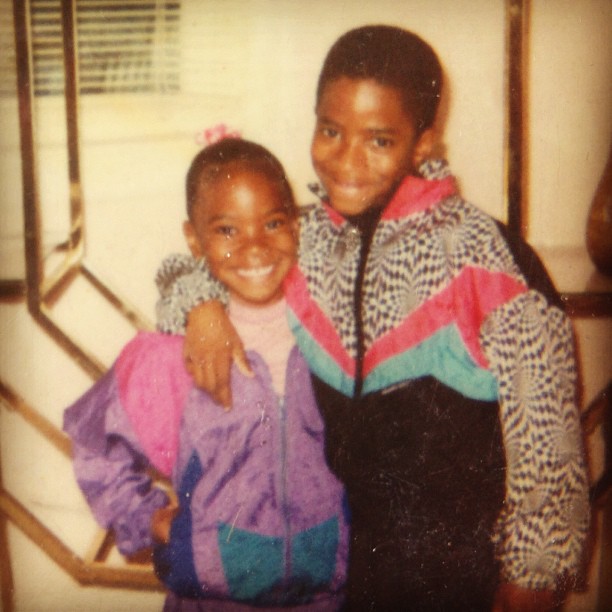
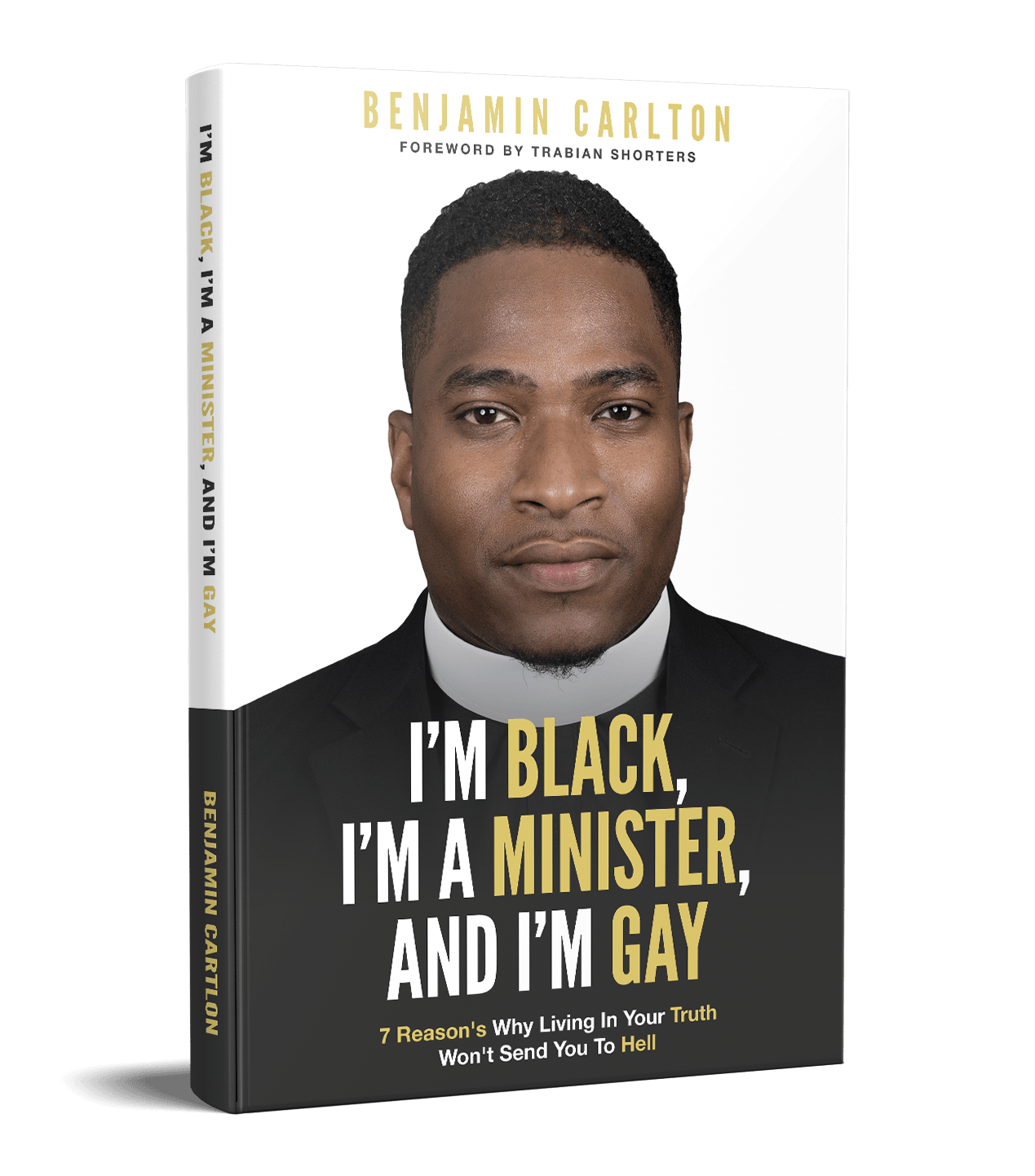
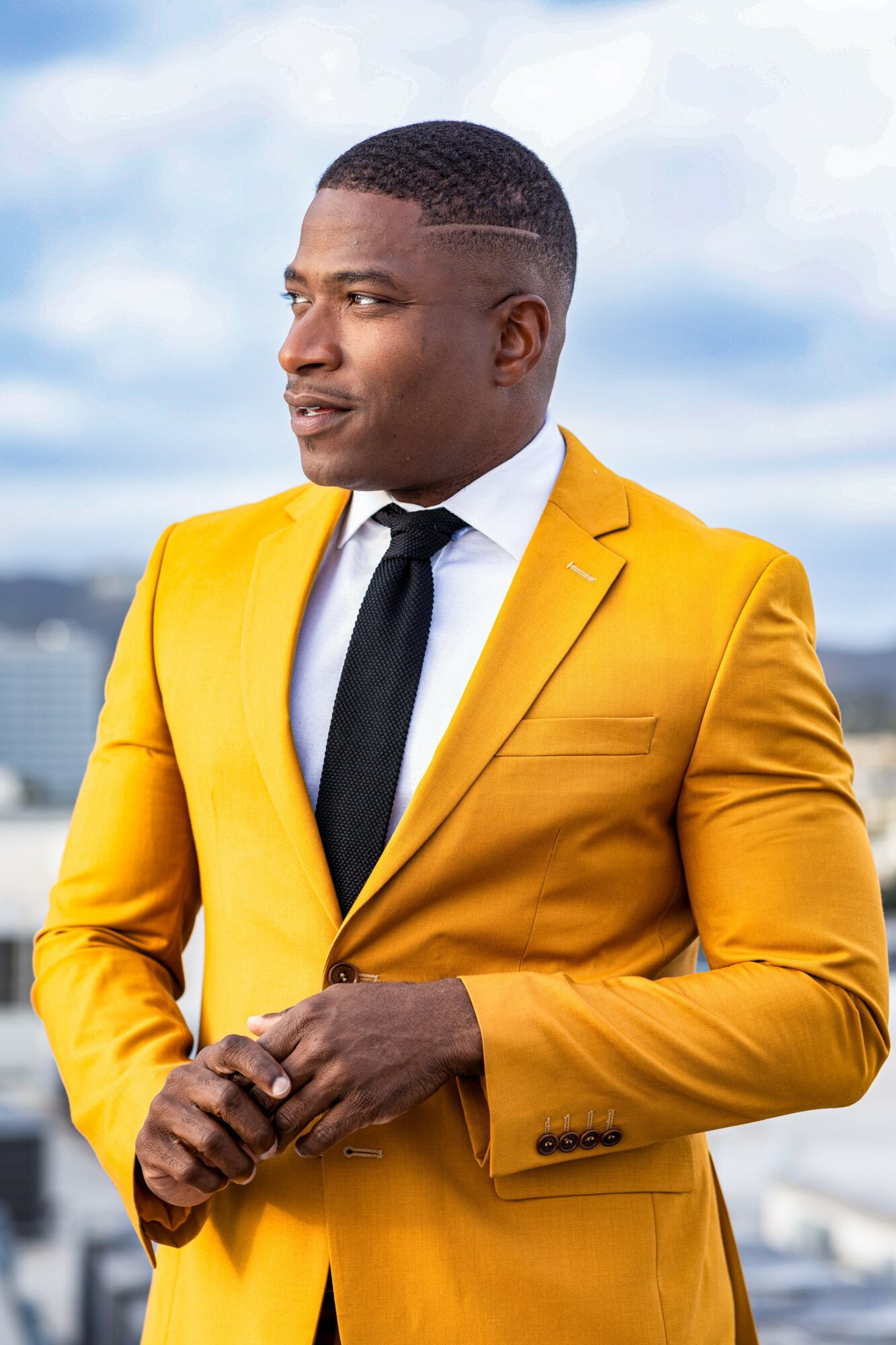
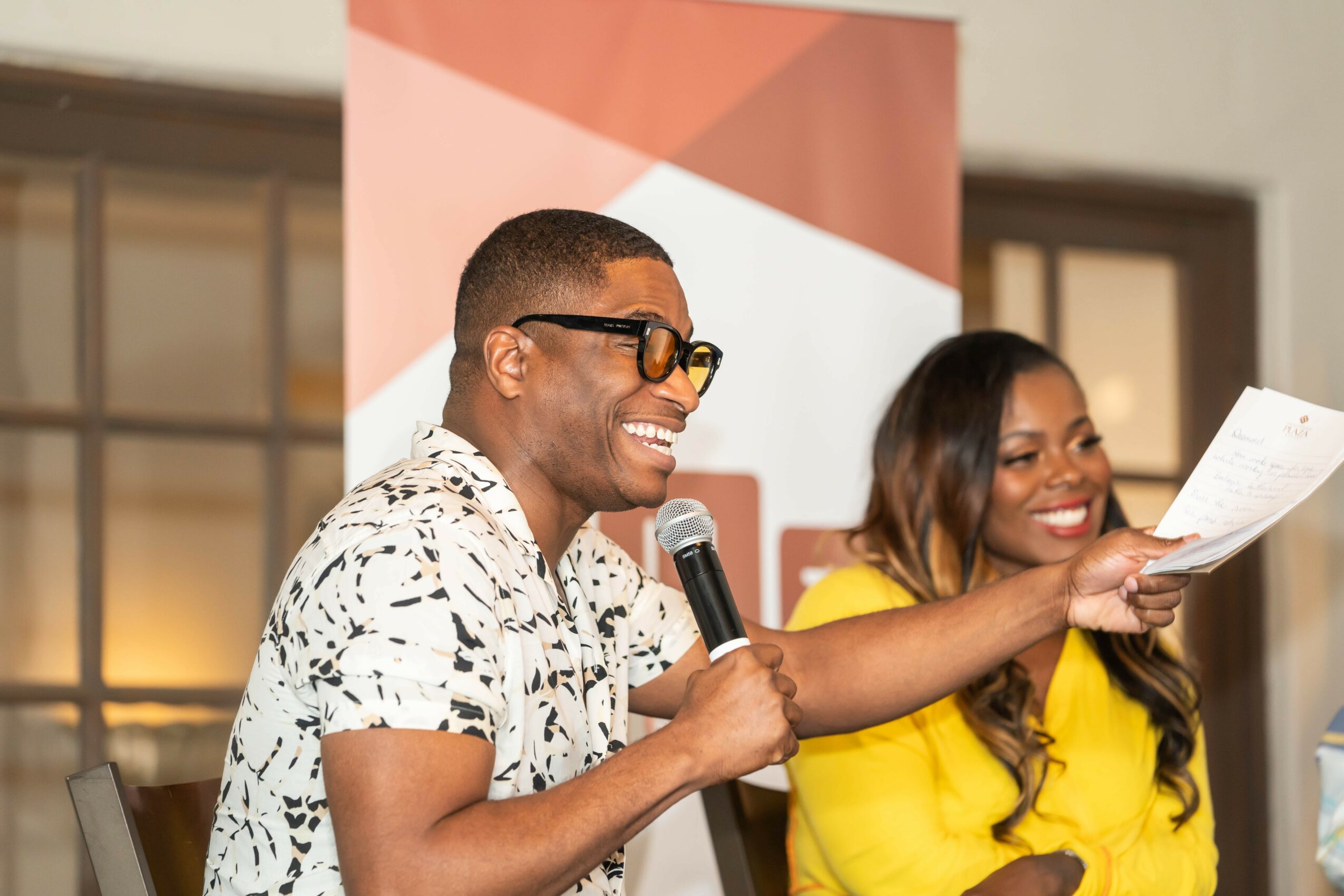
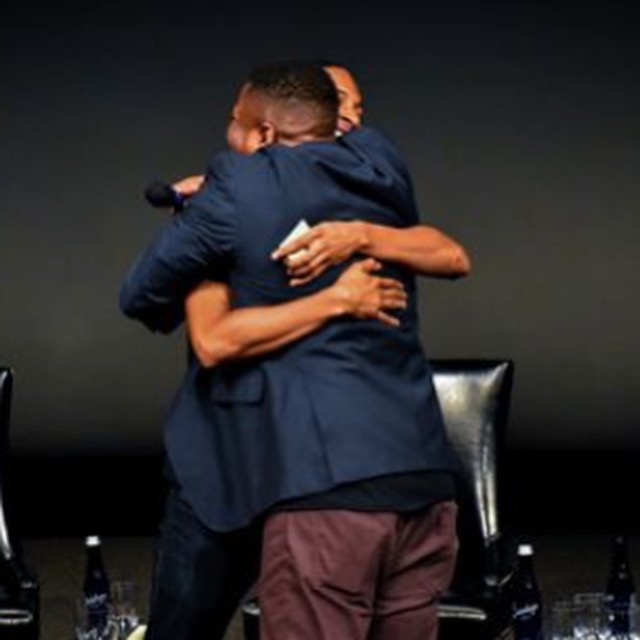
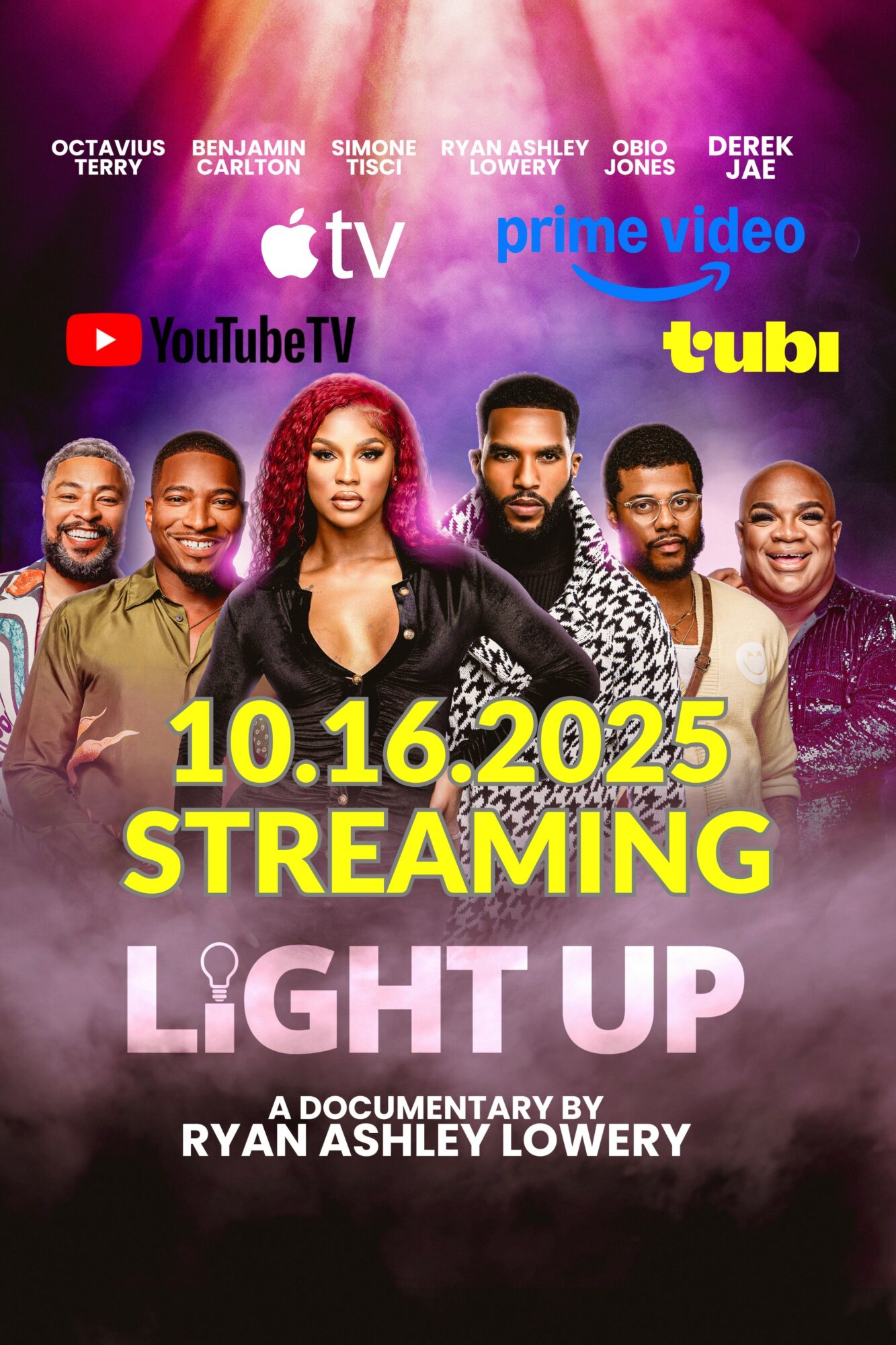


Image Credits
Yellow Suit – J. Monroe
Blue Suit – BMe Community
Navy Blazer – BMe Community
Sleeveless – BMe Community
Doc Poster – Ryan Ashley














